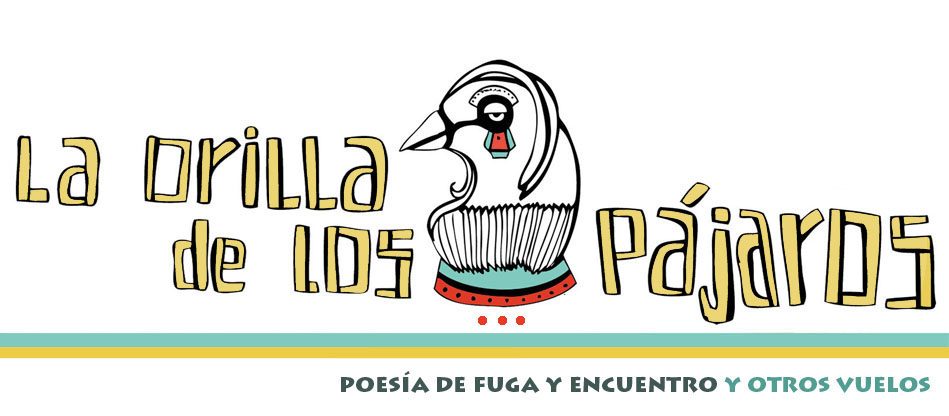O
CALIFORNIA
se
fueron
por
el camino real
ese
largo y triste camino de eucaliptos
en
carretas con burros
un
montón de frijol y maíz
y
llegaron en lowered down chewys
with
gafas fileros
speaking
about the low life
tomando
botellas de tequila
que
decían Made in Mexico
hablando
tres palabras en inglés
apple
pie y coffee
cantando
Vámonos
a California
Vámonos
a California
se
iban
por
el alambre
indios
de calzón blanco y huarache
y
aterrizaban
pochos
pachucos perdidos
vatos
locos con tatuajes mágicos
de
vida y muerte
esperando
en las esquinas el big hit
the
5 & 10 of caliente race track
that
never came
cantando
calladitos por las calles iban
Vámonos
a California
Vámonos
a California
they
came
from
New York
New
York the big apple
to
the big orange
Yorubas
Jíbaros Borinquens
regando
las calles de bacardí
piel
color café oscuro
ojos
de verde cocodrilo
y
un tun-tun de tambores
de
viejas selvas ancestrales
que
alguna vez fueron
pero
ahora con mil memorias
de
viajes mal pagados
Vámonos
a California
Vámonos
a California
Vámonos
a California
O
CALIFORNIA
they
went
along
the Camino Real
that
long and sad road of eucalyptus
in
carts with donkeys
an
enormous heap of beans and corn
and
arrived in lowered down chevys
with
sunglasses switchblades
speaking
about the low life
drinking
bottles of tequila
that
said Made in Mexico
speaking
three words of English
apple
pie and coffee
singing
Let's
go to California
Let's
go to California
they
went
through
the barbed wire
Indians
in white trousers and sandals
and
landed
pochos
pachucos lost
crazy
guys with magical tattoos
of
life and death
waiting
on corners for the big hit
the
5 & 10 of Caliente Race Track
that
never came
singing
quietly they went along the streets
Let's
go to California
Let's
go to California
they
came
from
New York
New
York the big apple
to
the big orange
Yorubas
Jíbaros Borinquens
watering
the streets with Bacardi
skin
the color of dark coffee
eyes
of crocodile green
and
a tun-tun of drums
of
old ancestral jungles
that
existed at one time
but
now with a thousand memories
of
voyages badly paid
Let's
go to California
Let's
go to California
Let's
go to California
pochos:
Mexican-Americans (derogatory)
pachucos:
young Chicanos of the early and middle 1940s; “hoods”
Yorubas:
native Indians of Puerto Rico
Jíbaros:
Puerto Rican peasant farmers
Borinquens:
synonym for Puerto Ricans
From
Fiesta en Aztlán. Ed. Toni Empringham. Capra Press, 1982.
Alejandro
Murguía
(1949) was born in California, but raised in Mexico City. Alejandro
Murguía is the author of Southern
Front and
This
War Called Love (both
winners of the American Book Award). His non-fiction bookThe
Medicine of Memory highlights
the Mission District in the 1970s during the Nicaraguan Solidarity
movement. He is a founding member and the first director of The
Mission Cultural Center.
He was a founder of The Roque Dalton Cultural Brigade, and co-editor
of Volcán:
Poetry From Central America. Currently
he is a professor in Latina Latino Studies at San Francisco State
University. He is the author of the short story “The Other Barrio”
which first appeared in the anthology San Francisco Noir and recently
filmed in the street of the Mission District. In poetry he has
published Spare
Poems,
Native
Tongue and
Stray
Poems.
He is the Sixth San Francisco Poet Laureate and the first Latino poet
to hold the position.
Alejandro
Murguia recites a poem
with musician and professor Dr. Jose Cuellar (Dr.Loco)
from minute 2:00.
